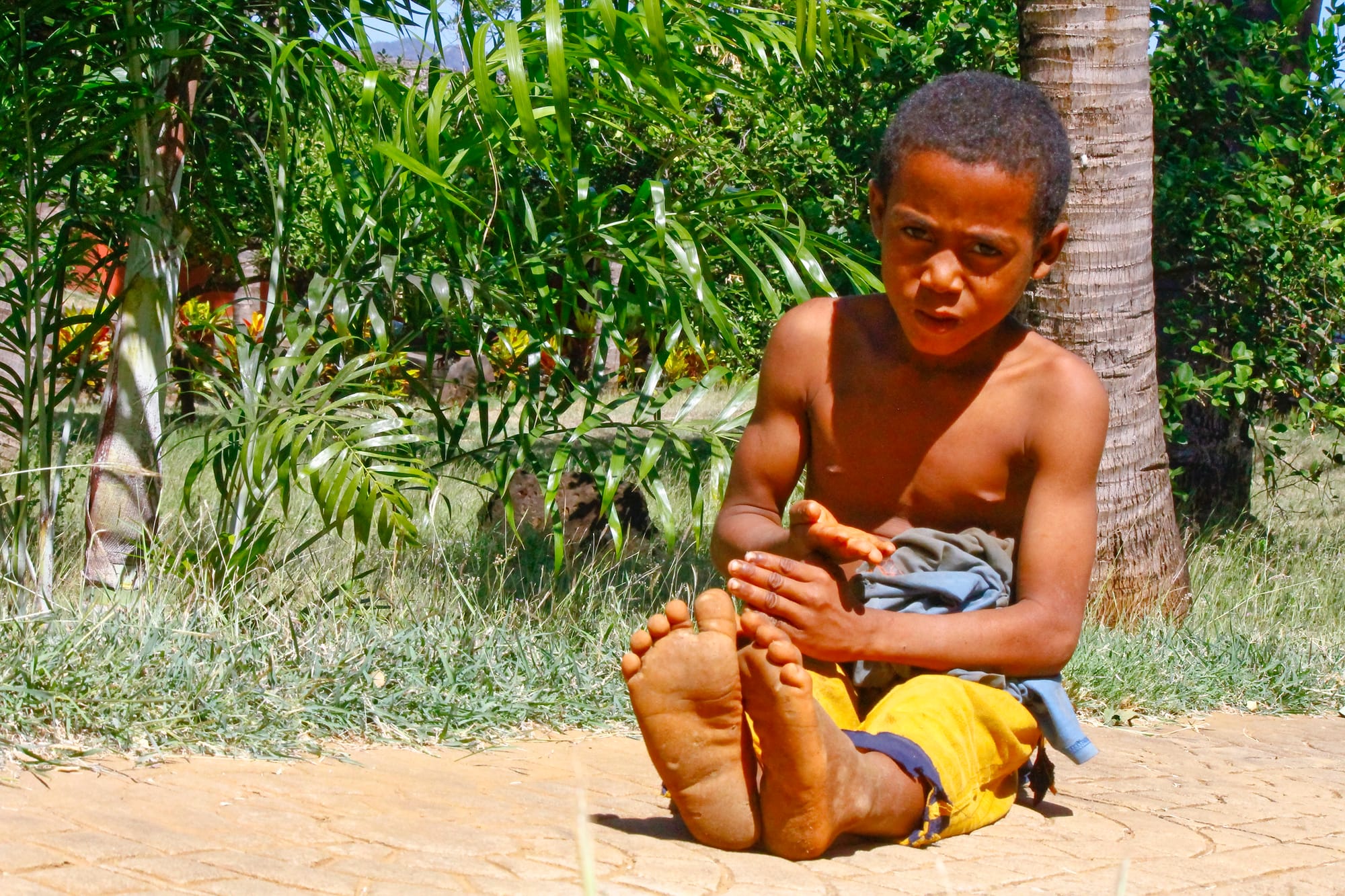Top 10 Strategies to Alleviate Poverty in Madagascar

Poverty remains a significant challenge in Madagascar, with almost 75% of the population living below the poverty line. Addressing this issue requires a multipronged approach to promote economic growth, social well-being, and sustainable development. Below, we explore the top 10 strategies to alleviate poverty in Madagascar:
1. Invest in Education
Education is a powerful tool for breaking the cycle of poverty. Many rural communities in Madagascar lack access to quality education, leaving children underprepared for skilled work. By investing in schools, training teachers, and providing free or low-cost educational materials, the government can empower youth with the skills necessary for better job opportunities. Vocational training programs should also be introduced to equip individuals with practical skills in trades, agriculture, and small business management.
2. Support Agricultural Development
As the majority of Madagascar’s population depends on agriculture for their livelihood, improving agricultural productivity is a key strategy to combat poverty. Providing farmers with access to modern tools, quality seeds, fertilizers, and training in sustainable farming techniques could increase yields and incomes. Building infrastructure like irrigation systems and storage facilities can also reduce the impact of droughts and post-harvest losses, ensuring food security and steady income streams.
3. Improve Access to Health Care
Lack of affordable and accessible healthcare is a major contributor to poverty in Madagascar. Many families fall into poverty due to medical expenses and the inability to work when sick. Expanding public health initiatives, such as immunization campaigns, maternal health programs, and mobile clinics, could ensure that even the most remote communities receive basic medical care. Additionally, educating citizens about preventative healthcare and sanitation can reduce the prevalence of diseases like malaria and diarrhea.
4. Promote Microfinance and Small Businesses
Encouraging small business development is vital for reducing poverty. Microfinance initiatives provide low-income individuals with access to capital, enabling them to start or expand small businesses. In Madagascar, such businesses can focus on crafts, food production, or local services. Coupled with entrepreneurship training, microcredit empowers communities by generating income, creating jobs, and fostering economic resilience.
5. Develop Infrastructure
Infrastructure development is crucial for connecting isolated communities to markets, healthcare, and educational opportunities. Many rural areas in Madagascar have limited access to roads, electricity, and clean water, which hampers economic progress and quality of life. Investing in transportation infrastructure, such as constructing roads and bridges, can improve market access for farmers and traders. Expanding access to clean water and affordable electricity can also improve living conditions and promote local industries.
6. Boost Tourism with Sustainability
Madagascar is rich in biodiversity, hosting unique wildlife and breathtaking landscapes. Sustainable tourism can generate significant revenue and create jobs, especially in rural areas. By promoting ecotourism, the country can protect its natural heritage while simultaneously alleviating poverty. Investing in community-based tourism and working with local communities to develop tour services not only generates income but also fosters environmental stewardship.
7. Encourage Reforestation and Environmental Initiatives
Madagascar faces severe environmental degradation due to deforestation and unsustainable farming. These issues disproportionately affect rural communities, leading to poor soil quality and loss of natural resources. By promoting reforestation programs and supporting eco-friendly farming practices, the country can restore its environment while creating jobs. Well-managed environmental programs can also attract international funding and partnerships, providing additional resources to fight poverty.
8. Empower Women and Girls
Women and girls in Madagascar face significant barriers to education, employment, and financial independence. Gender inequality perpetuates cycles of poverty and limits economic potential. Providing women with access to education, healthcare, and economic opportunities is essential. Programs that support women entrepreneurs, promote gender equality, and combat gender-based violence can contribute significantly to reducing poverty. Empowering women often translates into better outcomes for children and families, creating a ripple effect of positive change.
9. Encourage Foreign Investment and Trade
Promoting foreign investment can spur economic growth, create jobs, and improve local industries. Madagascar has untapped potential in sectors such as mining, textiles, and agriculture. By creating a business-friendly environment, reducing bureaucratic barriers, and offering tax incentives, the country can attract investors. Furthermore, expanding trade agreements with neighboring countries and the global market can help local businesses access new opportunities, increasing the nation's economic output and alleviating poverty.
10. Strengthen Governance and Anti-Corruption Efforts
Weak governance and corruption hinder economic development and exacerbate poverty in Madagascar. Transparent and accountable leadership is critical to ensuring that resources are allocated effectively to address the needs of the population. Strengthening institutions, improving public accountability, and implementing anti-corruption measures can enhance service delivery, boost investor confidence, and ensure that marginalized communities benefit from development programs.
Conclusion
Poverty in Madagascar is a multifaceted issue that requires comprehensive and sustainable strategies. By investing in education, health, agriculture, and infrastructure while promoting gender equality and good governance, the country can lay the foundation for long-term development. Community involvement and global partnerships are essential in implementing these solutions effectively. With focused efforts and collective action, Madagascar can make significant strides toward alleviating poverty and improving the quality of life for its citizens.


